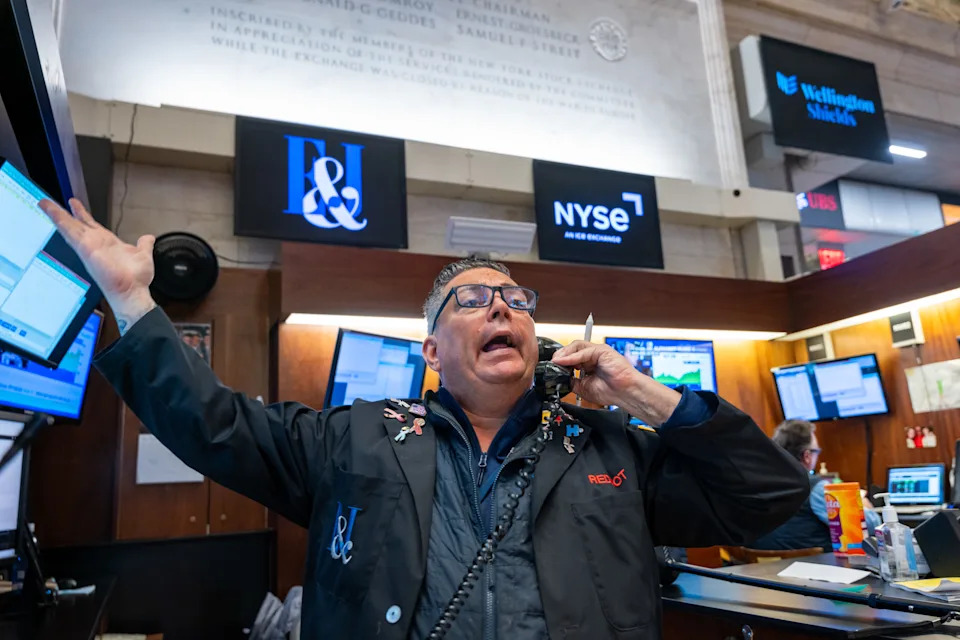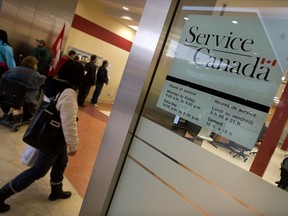After a rocky April, the stock market has shown signs of recovery, with two sectors taking center stage: Utilities (XLU) and Consumer Staples (XLP). Since April 16th, when the S&P 500 (^GSPC) hit its recent bottom, these sectors have led the charge, with Utilities rising nearly 12% and Consumer Staples up almost 5%. Meanwhile, the S&P 500 is up about 2.7%.
Wall Street Strategists Weigh In
According to Wall Street strategists, the performance of these two sectors can be attributed to investors rotating into areas that have yet to participate in the recent market rally. Keith Lerner, co-chief investment officer at Truist, notes that Utilities and Consumer Staples had been among the worst performers in the S&P 500 over the last year. This presented a potential buying opportunity in both traditionally "defensive" sectors.
"With markets up so much as we’re up since October, people get nervous," Lerner told Yahoo Finance. "They want to rotate into something a little more defensive, take some profit taking… It’s also just saying, ‘Hey, what hasn’t worked and what could have an opportunity to do some catching up or hold up better should the market correct?’"
Fundamental Drivers of Utilities’ Rise
Several fundamental drivers have contributed to the Utilities sector’s surge over the past month. Earnings for the sector are up 26.7% this quarter compared to the same period last year, according to FactSet. This is the second-highest growth rate of any sector. Additionally, there is growing conversation around how increased interest in projects involving artificial intelligence and electric vehicles could boost electricity demand for companies within the Utilities sector.
Macro Catalysts at Play
The move higher in Utilities has been influenced by several macro catalysts. The Federal Reserve’s message last week that another rate hike is unlikely has sent the 10-year Treasury yield (^TNX) down about 20 basis points from its 2024 high, providing a reprieve for a sector that has typically fallen as yields rise over the past year.
Another key movement has come in economic data. After economic growth continued to surprise Wall Street to start the year, data took a turn in April, highlighted by a weaker-than-expected jobs report and contraction in manufacturing activity for the month. While this doesn’t necessarily mean the US economy is slowing down, it has caught investors’ attention.
Morgan Stanley’s chief investment officer Mike Wilson wrote in a weekly note to clients on May 5 that investors "might want to consider a little bit of exposure to defensive sectors like Utilities and Consumer Staples" should manufacturing data continue to come in weak.
Staying Power of Defensive Play
However, not all Wall Street strategists are convinced that the move higher in Utilities and Consumer Staples will continue. Charles Schwab senior investment strategist Kevin Gordon told Yahoo Finance he’s "unsure" whether the defensive play will have staying power because when you look at what’s been leading the market since the start of March, there are multiple different stories at work.
Communications Services’ (XLC) rise in the past few months shows a tilt toward growth, Gordon said. Energy (XLE) would lean cyclical. Meanwhile, Utilities’ recent rise points to defensiveness. "That’s not really sending me a clear message as to whether the markets risk on or risk off," Gordon said.
Conclusion
The rebound in Utilities and Consumer Staples is a significant development in the stock market landscape. While fundamental drivers and macro catalysts have contributed to their rise, Wall Street strategists are uncertain about the sectors’ staying power. As investors continue to navigate the market, it’s essential to consider multiple factors and stay informed about the latest news and trends.
Sources
- FactSet: Earnings growth for Utilities sector
- Federal Reserve: Message on rate hike
- Morgan Stanley: Weekly note from Mike Wilson
- Charles Schwab: Interview with Kevin Gordon
Related Stories




